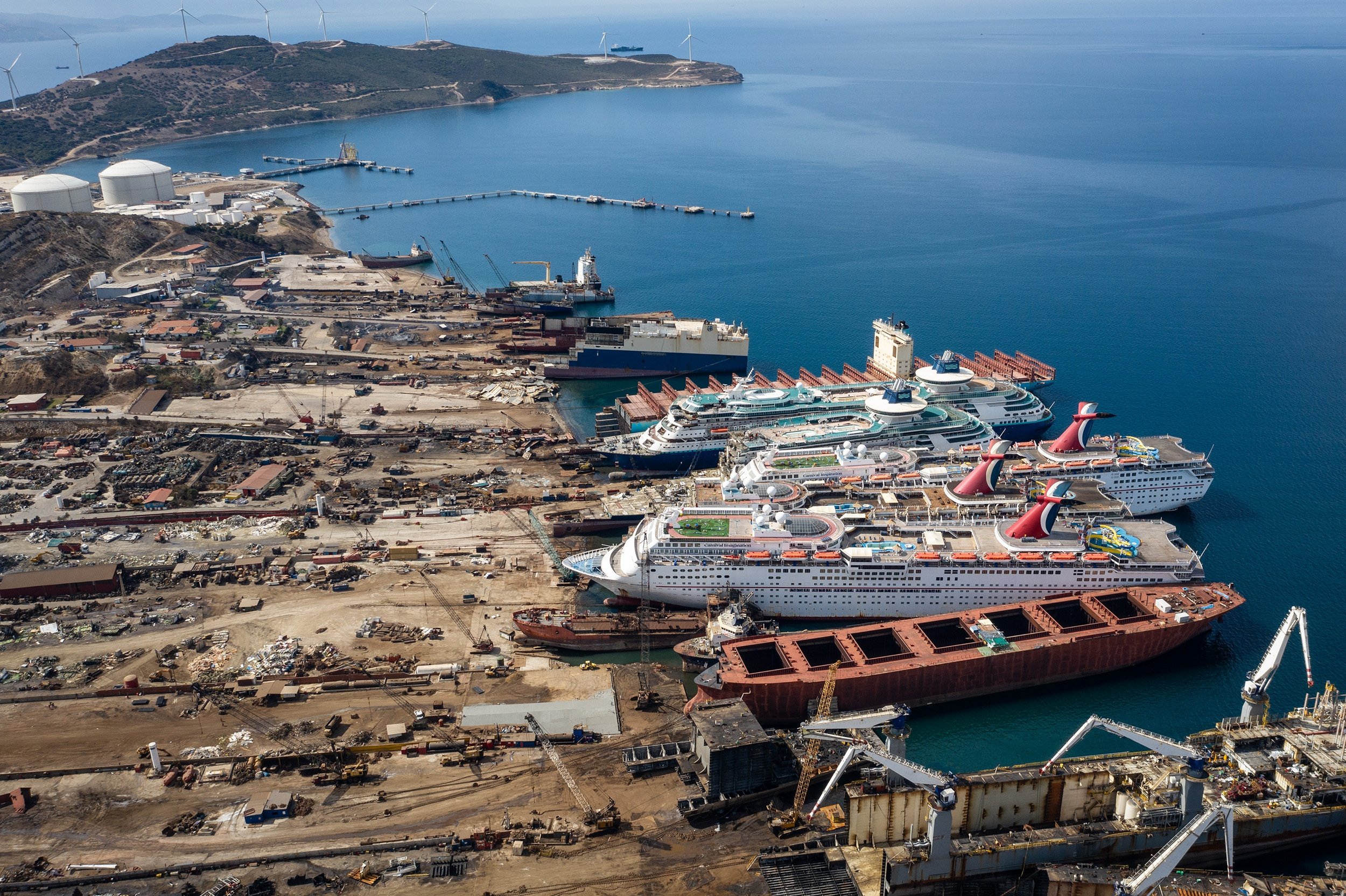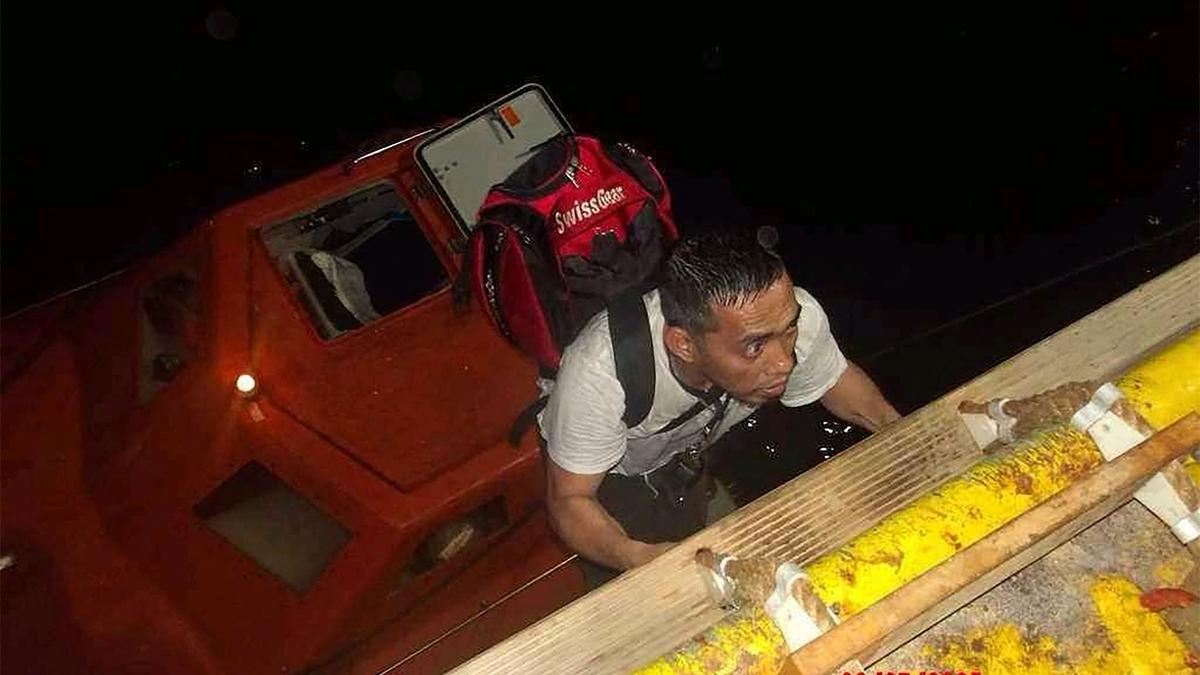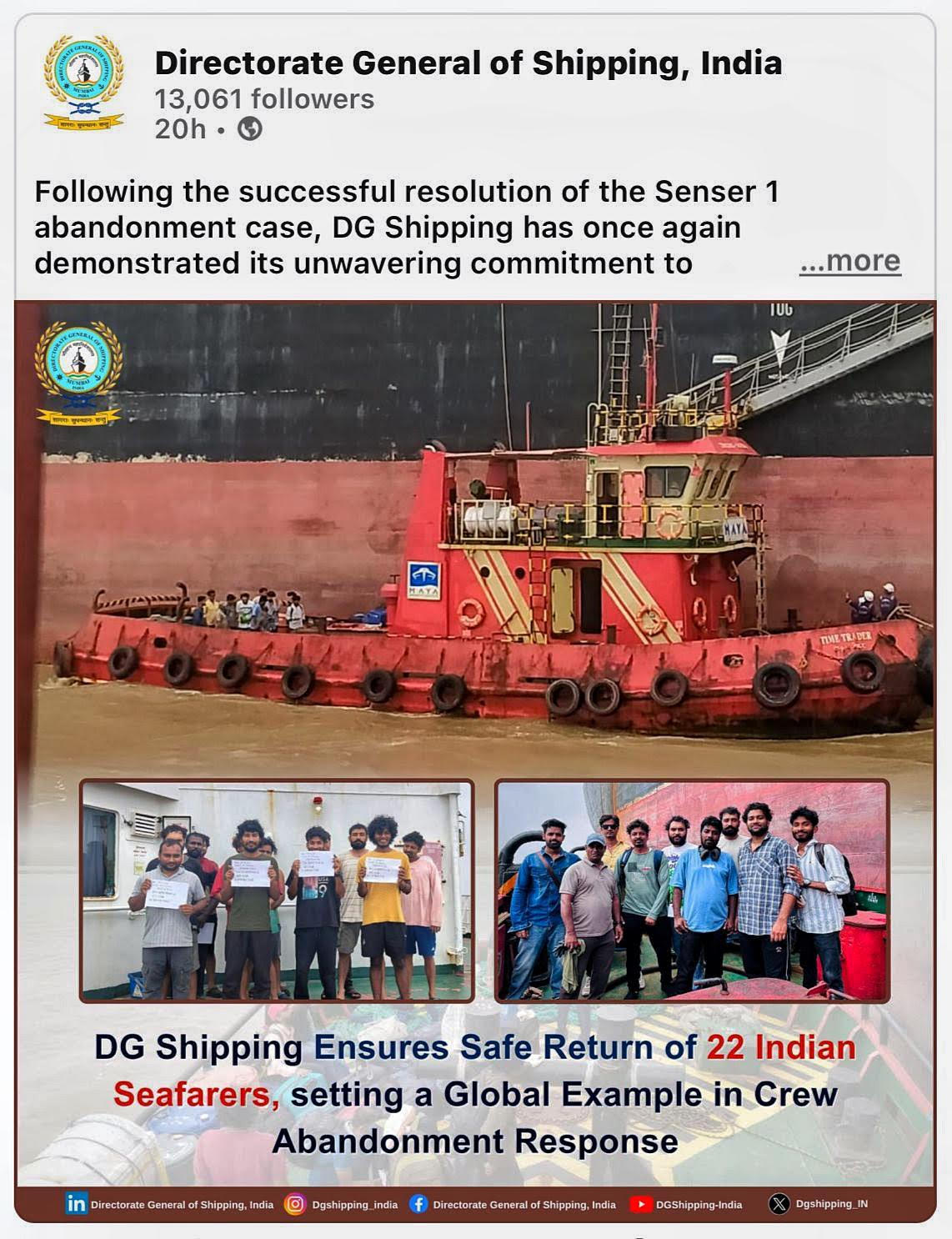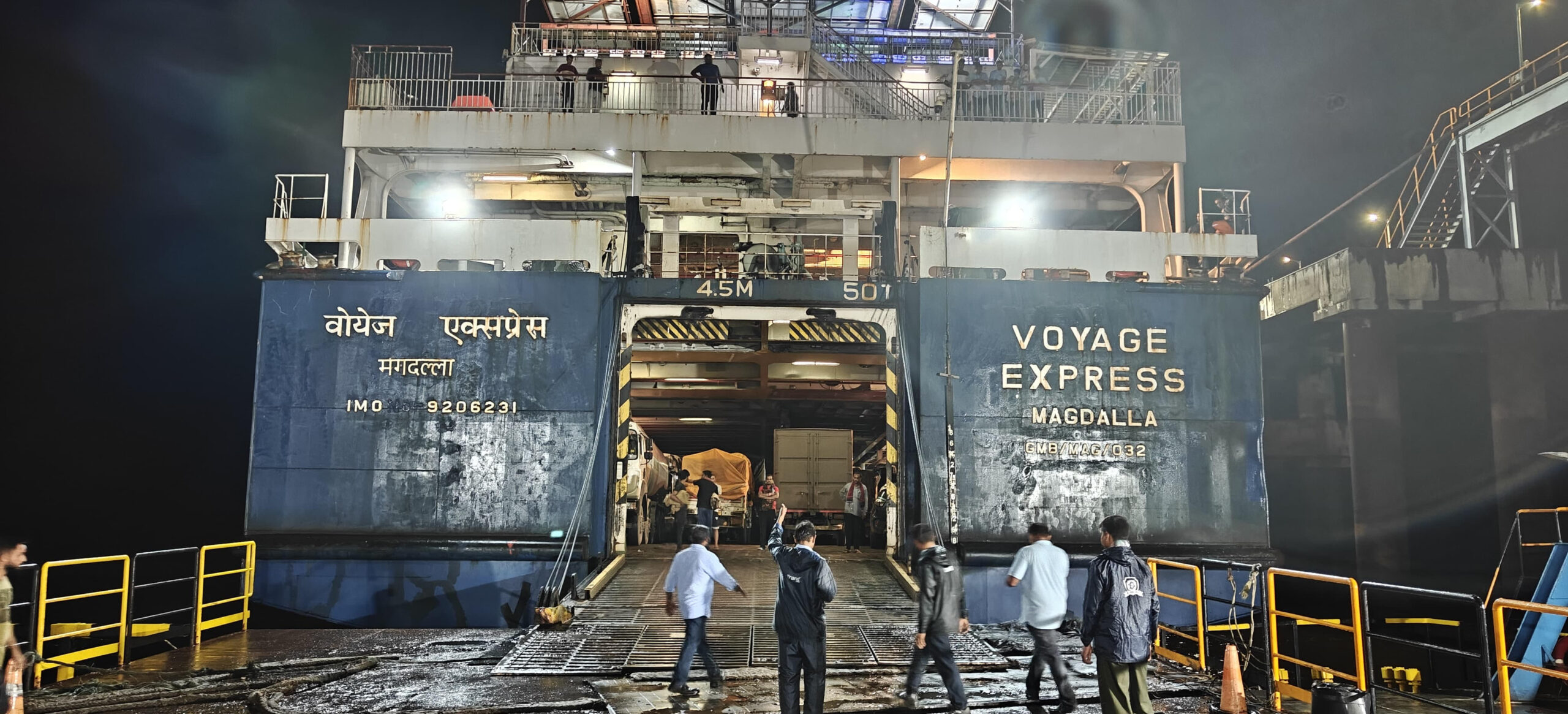Bangladesh’s Ship Recycling Industry: A Race Against Time to Meet Environmental Standards
A recent discussion in Dhaka, Bangladesh, highlighted the urgent need for the country’s vital ship recycling industry to comply with international environmental regulations. Speakers at the event emphasized that immediate action is required to ensure the industry’s sustainability.
The key concern revolves around the Hong Kong Convention for the Safe and Environmentally Sound Recycling of Ships, 2009 (HKC). This international treaty, established by the International Maritime Organization (IMO), sets strict guidelines for dismantling old ships in an eco-friendly manner.
The discussion revealed a critical deadline: Bangladesh must ensure all its ship recycling yards have compliant Treatment Storage and Disposal Facilities (TSDFs) by 2025. Failure to achieve this will result in a halt of new ship-breaking approvals from the Ministry of Industry.
The event brought together prominent figures, including Senior Secretary of the Industries Ministry Zakia Sultana, Bangladesh’s High Commissioner to the UK Saida Muna Tasneem, and Project Director of the IMO-Norway sensrec Project Phase III Sanjay Kumar Ghosh.
Bangladesh – A Leader in Ship Recycling
Despite the looming challenges, the discussion also acknowledged Bangladesh’s position as a global leader in the ship recycling industry. The country plays a crucial role in processing end-of-life vessels, providing a source of raw materials and contributing to a more circular economy.
The Importance of the Hong Kong Convention
The Hong Kong Convention (HKC) was established to address the environmental and safety hazards associated with traditional ship-breaking practices. These practices often involve dismantling ships on beaches, leading to:
- Pollution: Toxic materials like asbestos, lead, and oil can leak into the surrounding environment, harming marine life and coastal communities.
- Worker Safety: Dismantling ships without proper precautions puts workers at risk of injuries and exposure to hazardous materials.
The HKC mandates proper procedures for handling hazardous materials, ensuring worker safety, and minimizing environmental impact.
The Road to Compliance
The discussion emphasized the need for swift action to achieve compliance with the HKC. This will involve:
- Upgrading TSDFs: Ship recycling yards must invest in facilities that can safely treat, store, and dispose of hazardous waste generated during the dismantling process.
- Improved Regulations: The government needs to strengthen regulations and enforcement mechanisms to ensure yards adhere to the HKC’s guidelines.
- Worker Training: Workers require proper training on safe ship-breaking practices and handling hazardous materials.
Collaboration is Key
Achieving compliance with the HKC is a complex task. Collaboration between the government, industry players, international organizations, and NGOs is crucial for success.
The Future of Bangladesh’s Ship Recycling Industry
By embracing environmentally sound practices and adhering to international regulations, Bangladesh can ensure the long-term sustainability of its ship recycling industry. This will allow the industry to continue contributing to the economy while protecting the environment and worker safety.
In Conclusion
The clock is ticking for Bangladesh’s ship recycling industry. By taking immediate and decisive action towards compliance with the Hong Kong Convention, the country can secure a future for this vital sector while safeguarding the environment and its workforce.











